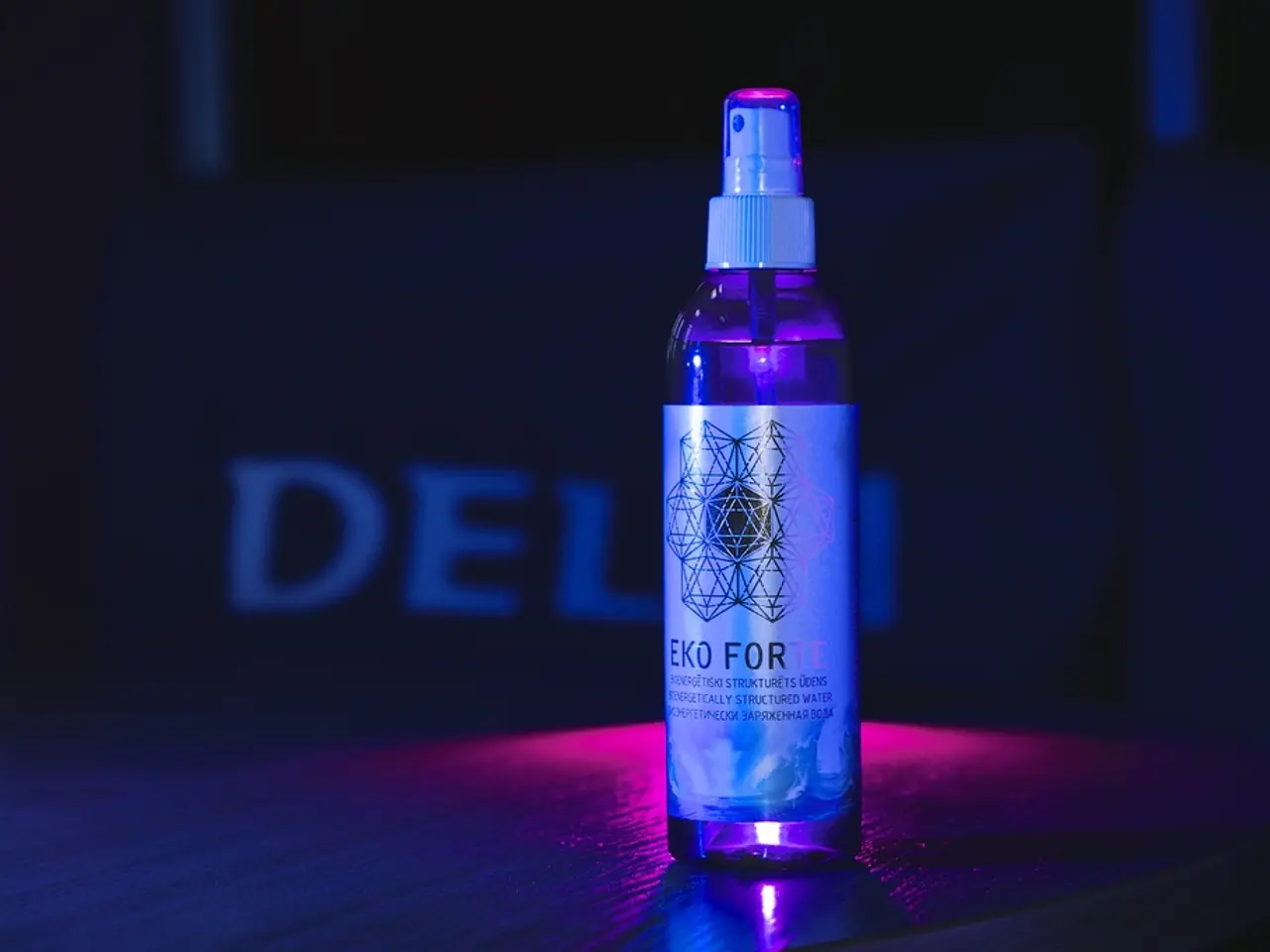Insights on Peptides - The Emerging Fat Reducing, Muscle Enhancing Potential for Longevity Enhancement
In the realm of health and wellness, a new frontier is emerging: peptides. These short chains of amino acids, naturally occurring in the body, are gaining traction for their potential benefits in various areas, from weight loss to mental health. But what exactly are peptides, and how can they be used safely and effectively?
Dr. Chris Renna, founder of Lifespan Medicine, clarifies that peptides are meant to enhance physiology, not change it. They act as messengers of cell-to-cell communication, activating natural responses in the body to achieve specific goals. However, their use should be based on a comprehensive evaluation of a patient's pathologies, family history, labs, and functional assessments.
The peptide market is a murky one, with very few peptides rubberstamped by regulatory bodies. This has led to the creation of a peptide gray market, where products may not meet the same safety and efficacy standards as those approved by regulatory bodies. It's crucial to work with a clinician who has studied peptides and sources peptide compounds from well-vetted compounding pharmacies.
Fortunately, there are numerous FDA-approved peptides for health and longevity purposes. Among these, GLP-1 receptor agonists such as semaglutide (e.g., Ozempic, Wegovy) and tirzepatide (e.g., Mounjaro) are approved for the treatment of type 2 diabetes and obesity. These peptides have shown significant efficacy in weight loss (15–20% body weight reduction in clinical trials) and metabolic health improvement. They have well-established safety profiles and dosing regimens.
Recombinant human growth hormone (rhGH), approved for specific growth hormone deficiencies, is another FDA-approved peptide. It is clinically used to promote growth and has implications for some aging-related conditions. Tesamorelin, a synthetic peptide prescribed to reduce excess belly fat in HIV patients, is FDA approved and clinically used for this purpose.
Parathyroid hormone analogs (e.g., teriparatide) have been FDA approved for osteoporosis treatment based on clinical evidence, and vasopressin analogs are also approved peptides with defined medical uses.
However, it's important to note that peptides like BPC-157, sermorelin, CJC-1295, and other "anti-aging" or "recovery" peptides are widely used in wellness and anti-aging contexts but currently are not FDA-approved for these indications and lack large-scale clinical trial validation. These peptides are often obtained through compounding or labeled as "for research use only," which means they have not undergone the rigorous regulatory approval process required for clinical prescription.
In summary, the most clinically validated and FDA-approved peptides for health and metabolic longevity applications are GLP-1 receptor agonists, recombinant human growth hormone, tesamorelin, and select synthetic hormone analogs like parathyroid hormone. Many other peptides currently marketed for anti-aging and muscle recovery lack FDA approval and robust clinical proof.
When considering peptide therapy, it's essential to prioritise safety and effectiveness. Working with a healthcare professional is the best way to ensure this, as they can guide you through the process, help you understand the potential benefits and risks, and provide access to FDA-approved peptides.
Remember, peptides are not foreign to the body and do not change how it works. They are naturally occurring substances with various uses in medicine, cosmetics, and performance. However, taking too much can be toxic or detrimental to health.
Lastly, it's crucial to be cautious when sourcing peptides. Peptides labeled as "research-grade" can be legally sold, but they are not intended for human consumption and can be dangerous. Unaccredited online peptide pharmacies can pose a risk due to lack of regulation and oversight.
In the digital age, it's tempting to turn to sources like ChatGPT or TikTok for self-diagnosis or self-treatment with peptides. However, it's always best to consult with a healthcare professional for accurate and personalised advice.
In conclusion, peptides offer a promising avenue for health and wellness, but it's essential to approach them with caution, knowledge, and the guidance of a healthcare professional.
- Sermorelin, CJC-1295, and other 'anti-aging' or 'recovery' peptides, while popular in wellness and anti-aging contexts, are not FDA-approved for these indications and lack large-scale clinical trial validation.
- GLP-1 receptor agonists, such as semaglutide and tirzepatide, are FDA-approved peptides that have shown significant efficacy in weight loss and metabolic health improvement.
- When considering peptide therapy, it's essential to prioritize safety and effectiveness by working with a healthcare professional who can guide you through the process and provide access to FDA-approved peptides.




